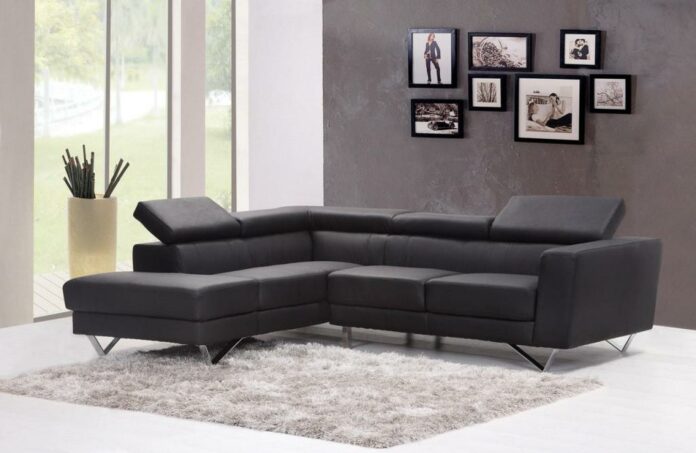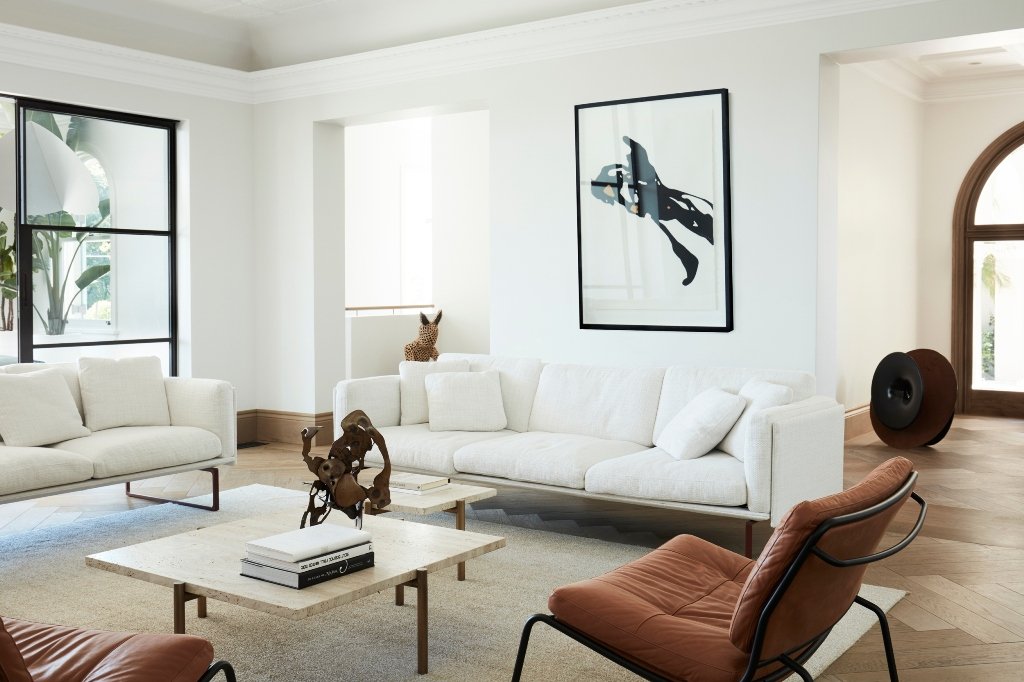Sofas are an important purchase, as they will be an important part of your living room for years to come. If you make a bad decision, you might lose a lot of money to an uncomfortable piece of furniture that does little to add value or beauty to your living room. Purchased after some careful deliberation, the right sofa can provide years of satisfaction. Here some tips that can help you buy the right sofa:
#1 Check the Fit and the Frame
Your couch should fit you well and should seat others in your family comfortably too. Take note the depth of the seats. Your back should feel supported for long periods. You may also want to take naps on the couch, so test it by lying down on it.
While your couch’s fabric and upholstery can be replaced and updated, nothing can be done if the frame itself is badly constructed. Solid wooden frames are the most durable, as opposed to plastic, particleboard, or metal, which can warp as the years go by.
Visit your favorite furniture store for the latest styles and designs in seats, sofas, and other items for your home. Make sure that they offer delivery and have a friendly staff. You might need their professional opinions before you decide. Take pictures of your home to get a more educated opinion.
#2 Check the Joinery
Frames that are joined with wooden dowels, metal screws or brackets are far more secure than those joined by staples, nails or glue. Check these details by asking people at the store or by looking into the product specifications. Test the arms of the sofa to make sure that they’re secure and don’t bend under a reasonable about of pressure. If the sofa wobbles, move on to the next one.
#3 Test the Springs and Padding
Most sofas contain serpentine springs that provide adequate support. High-end sofas have better quality springs that provide greater comfort but are also more expensive. Make sure your sofa does not have the cheaper spring mesh or webbing. Check the sofa for the firmness of the springs when you take a seat. The sofa should also be well padded, without the edges poking out sharply. The extra padding is important to ensure that the sofa lasts and doesn’t lose comfort.
#4 Evaluate the Upholstery and Cushioning
Not only does your sofa’s upholstery need to be comfortable but aesthetically appealing too. Colors that are too loud or that clash will not be pleasing.
Similarly, mismatched patterns or uneven tailoring will also look unattractive. Make sure that the cushions for the seat are firm and snugly fitted into the frame. The cushion should spring back up when you get up, and not flatten for long periods at a time, as this will alter its shape. Pick a sofa with firm and soft foam and cushions.
These tips should help you find a good sofa. The odds of buying a nice couch are better when you go to the right store that offers great pieces at a good price. Remember to trust your gut. If the sofa doesn’t feel right, then try the next one.




















